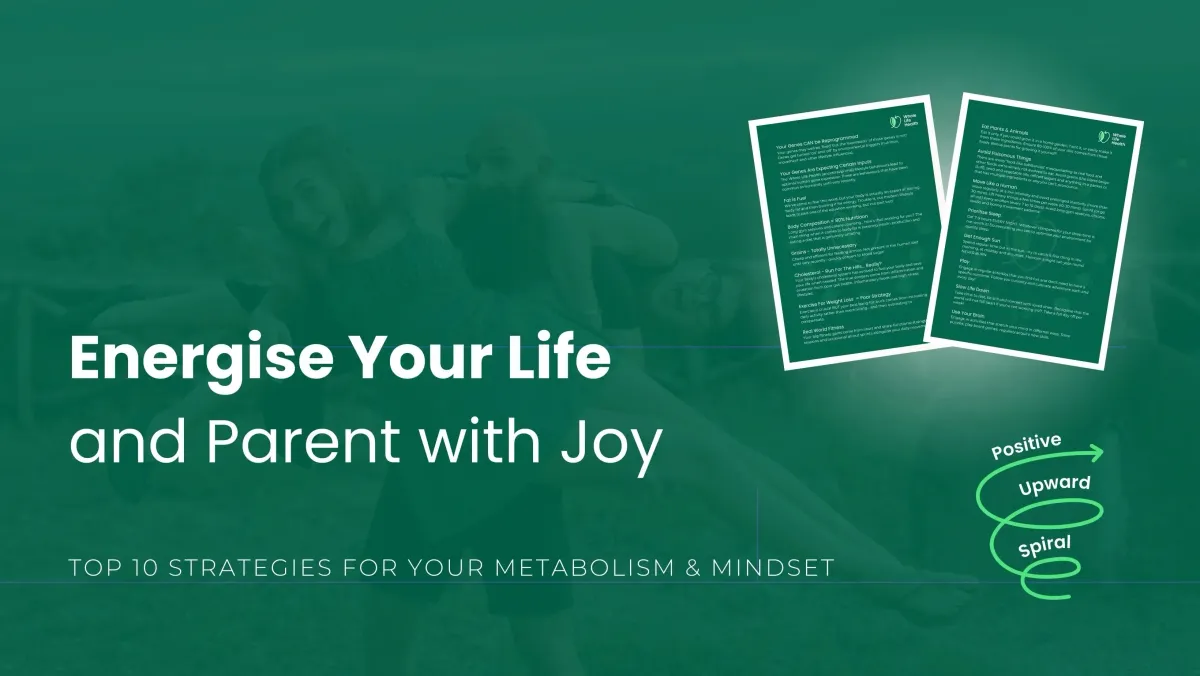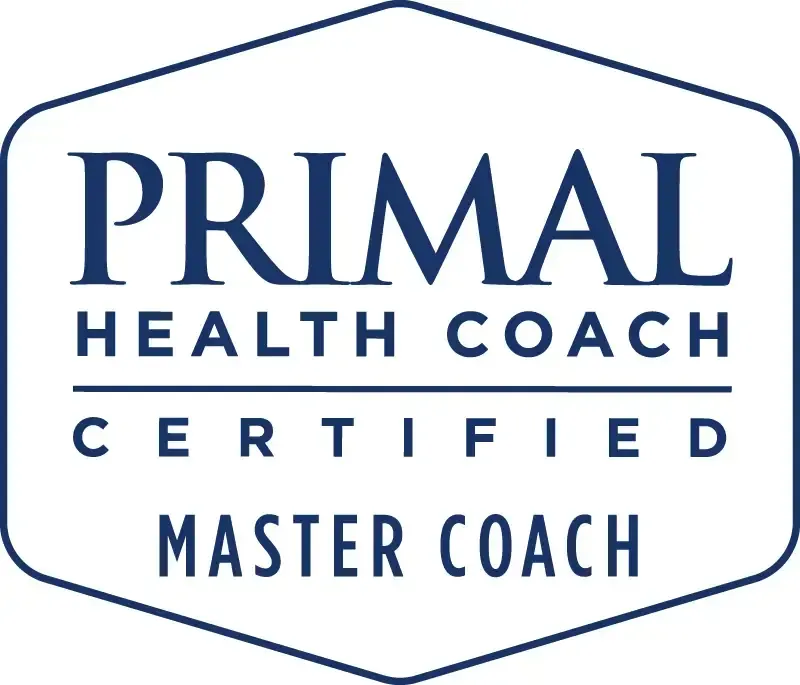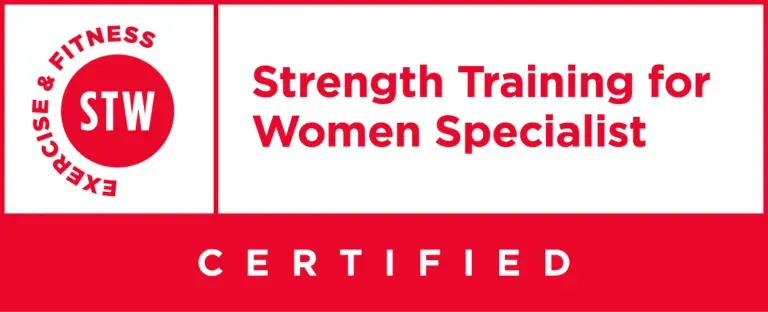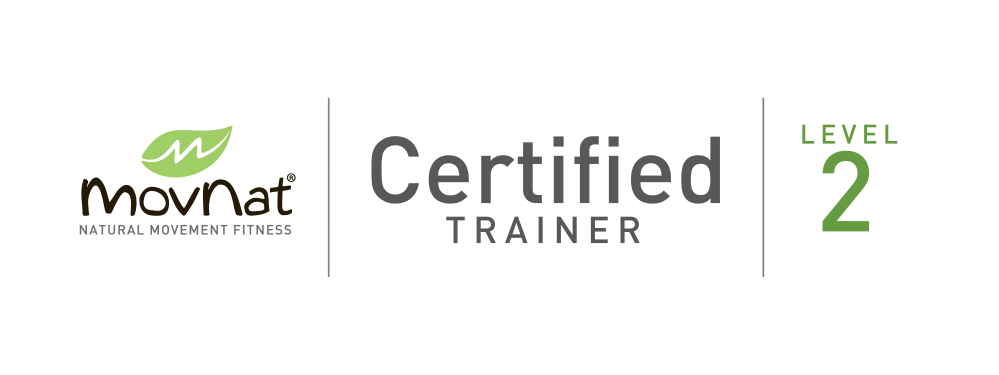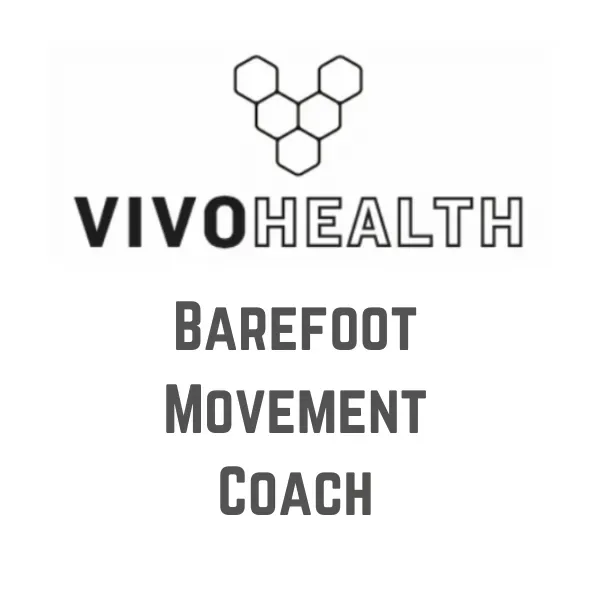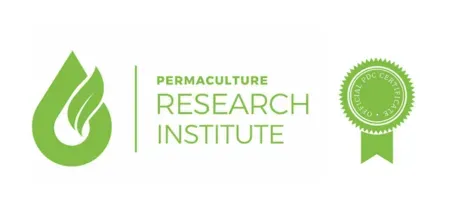
Why you need to take Creatine!
“The safest, most effective dietary supplement .” - Dr Darren Candow
What Are the Health Benefits Of Creatine
When pursuing health and wellness, nutrition is THE cornerstone!
Now, I'm a big fan of having nutrition being fully 'on point' so that extras in the way of supplements aren't really needed (or wanted) but I do make a few exceptions. One BIG exception here is for supplementing with creatine. Creatine is the dogs-bollocks and has pronounced effect on our ability to function well. Creatine is well known for it's role in helping athletic performance but it's use goes much wider into helping with our overall energy levels, shifting brain fog, improving bone density, fighting inflammation and oxidative stress as well as being a key supplement for perimenopausal and post menopausal women.

What is Creatine?
Creatine is a substance that is found naturally in muscle cells. It helps your cells produce energy during heavy lifting or high-intensity exercise and other body cells needing quick fire energy or energy production while under strain (this could be especially true in the brain). Creatine quickly replenishes your stores of adenosine triphosphate (ATP). ATP is what is broken down by your mitochondria (the cell’s energy powerhouse) to create energy for every process in your body!
Taking creatine as a supplement is very popular among athletes and bodybuilders in order to gain muscle, enhance strength, and improve exercise performance; but is now gaining recognition for its much broader life benefits. Chemically speaking, it shares many similarities with amino acids - the building blocks of protein. Your body can produce it from the amino acids glycine and arginine. About 95% of your body's creatine is stored in muscles in the form of phosphocreatine (on standby, ready to donate it’s phosphate to create ATP). The remaining 5% is found in your brain, kidneys, and liver.
Because creatine is stored primarily in muscles, we would naturally derive most of our dietary creatine through eating meat and fish - or more specifically their muscle tissue - particularly red meats and herring. However to get enough creatine in the modern diet would require you eating over 500g of these sources per day which is not practical for most people; but make no mistake - our ancestors would have been preferentially getting as much of this nutrient dense, creatine-packed, food as possible! I still recommend eating ample amounts of regeneratively raised red meat and sustainable fish - combining these with supplementation is a winning strategy for sure!
What are the Benefits of Taking Creatine?
Creatine monohydrate has long been a staple of nearly everyone in the weight room. It’s a hands-down winner for increasing strength and explosive exercise performance, which in turn helps with muscle growth and bone density. Creatine supplementation should also be a go-to for every other athlete, no one benefits for being less strong. It’s an absolute no-brainer…
… And maybe those not taking creatine don’t have fully functioning brains. Whilst very little creatine makes it into the brain compared to muscle tissue, what does make it there, seemingly, has a powerful effect. Creatine isn’t great at crossing the blood brain barrier, so we need a higher concentration of it in the blood for it to really ‘land’ and get to work. Your brain having access to creatine means that it can access a quick fire resource for energy. So, when you’ve got mental heavy lifting to do, you want to make sure your creatine levels are properly topped up (more on that later).
If the above weren’t good enough, creatine is also a useful anti-inflammatory and anti/oxidant. I won’t dive into this too much, but I’m sure you’re aware that both inflammation and oxidation are processes that, while essential, need to be kept in check - especially as they are typically in hyper-drive with the ravages of the modern world that our human genetics are not adapted for.
One more huge benefit that we need to look at is hydration. For some reason many people think creatine dehydrates you - this is actually the opposite of the truth. Creatine helps to hydrate you, delivering more water to the muscle cells and also into joints, aiding those with joint pain and or arthritis.
Who Should Take Creatine?
It might be considered lazy writing to just write ‘everyone’ here… but…
Everyone…
Ok, ok. There are a few demographs who should especially consider creatine and a couple where caution may be wise.
Athletes and exercisers - more strength, speed, power and muscle.
Those doing heavy mental lifting - you’ll want the quick fire energy available to your neurones to keep up with the demand of rapid-fire brain work.
Those suffering with brain fog - brain fog is, in fact, just poor brain metabolism. If you can provide the brain with a new energy substrate then you’re onto a winner.
If you’ve had poor sleep - poor sleep throws your metabolism off and you often end up reaching for low grade foods, especially sugary snacks to keep going - but this is a myopic strategy leading to more poor sleep and deteriorating health in the long run. Creatine could be the boost you need… with no long-term downside.
Perimenopausal and post-menopausal women. This stage of life for women can be extremely trying. A low inflammatory lifestyle can be transformative and we’ve had great results with clients in the 12 Week Transformation, the 21 Day Reset and in the TRIBE community group. Nearly everyone who’s seen pronounced change has included creatine in their menopause toolkit. Energy levels improve, brain fog clears and in combination with some resistance training we’re guarding against muscle and bone density loss - huge issues for longevity and lifespan. The lowered levels of inflammation are especially useful in ensuring that hormones signalling is as effective as possible.
Pregnant women - there aren’t many studies in this area as it’s difficult to get ethical approval for experimenting on pregnant women. That said, what studies there have been show favourable effects on women and babies; particularly in the areas of brain protection for the fetus and protection against any damage from hypoxia (lack of oxygen) during stressful times.
Those with joint pain and arthritis. Lower inflammation and better lubricated joints are a clear win!

How much Creatine Should I Take?
First off let me be clear. Creatine Monohydrate is what you need to be taking. All other forms are, for the most part, marketing nonsense from companies trying to make a quick buck.
For athletic benefits 3-5g of creatine is where you want to shoot for. This will be dependent on body mass and you could go down this route of bespoke doses but given how cheap creatine is, err on the side of the larger amount, you won’t do any damage.
If you’re wanting more cognitive benefits then higher amounts would be beneficial, so that there’s a higher concentration available to consistently be crossing the blood-brain barrier at a slow but steady rate. Many people experience benefits here with doses between 10-20g. Keep going up until the benefits stop and make this your daily dose.
Some people experience bloating or water retention when taking creatine. If this is you, don’t give up on it. Start with a low dose of just 1g or small doses like this spread throughout the day, then build up as your body adjusts and gets used to the new intake and rebalances into homeostasis again. Then you’ll be good to go. Some people stay on small regular doses throughout the day - this is a great strategy to employ.
There’s no need to load creatine at the outset. No need to cycle on and off and no real need for any other monkey business. Just get it in you. You may find absorption increases if you take your creatine with a little carbohydrate (also aiding in hydration), so pre and post-workout are often favourites for people. But even if you’re low carb or keto, just get the creatine in you!
Add it to your morning pancakes, your decaf coffee, stirred into yogurt, in your pre-workout shake, post workout shake or pop some creatine tablets or creatine gummies if that's your thing. I say deaf coffee because there is some evidence that taking creatine with caffeine may decrease the effectiveness - they are both great for performance enhancement - just aim to keep them separated (I use creatine throughout the day and caffeine just before a workout).
If you have kidney or liver issues (or any other health condition) please consult your doctor before starting to take creatine or any other supplement. Remember none of this is 'medical' advice.
Apart from those caveats - if you want your life to be better; experiencing all day energy, consistent clarity and move toward a strong, functional athletic body - get taking creatine today!
Most of the changes we need to make, we know we need to make. The difficulty comes in actually making those changes and getting them to 'stick' long-term. That's where a health coach comes in.
Jake Mahal is a Primal Health Coach & Habit Change Expert here to guide you toward great health for you and your family. Book a free People and Planet Health Strategy Call today to see which Whole Life Health programme is right for your family and start your journey towards habitual hopeful living.


